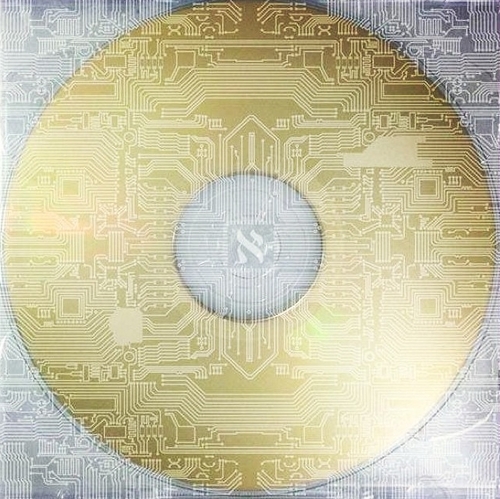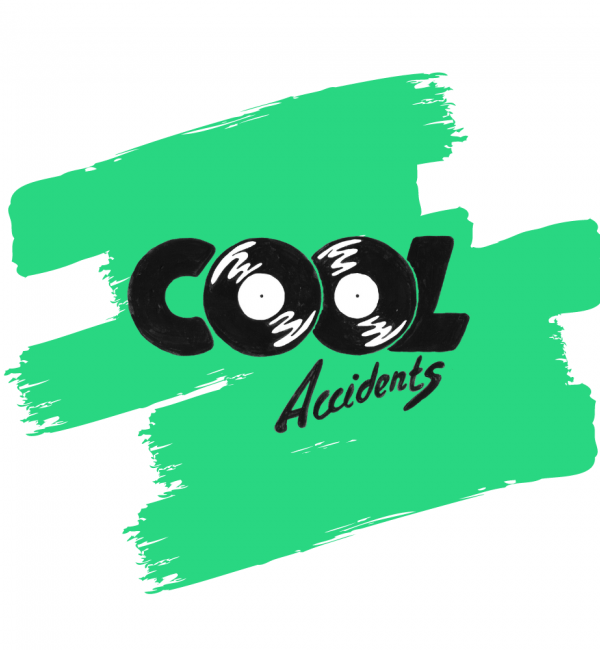
The phrase ‘debut album’ rarely comes alone. It’s a phrase usually pre-lathered in fawning compound adjectives, words like ‘breathtaking’, ‘groundbreaking’ and occasionally ‘multi-award winning’. The second album, by contrast, is broadly referred to as the ‘sophomore effort’. Whenever this phrase sprawls over page/screen, it seems to hang idly in the space between highly patronising and just broadly insulting. A nice try; a vain attempt turned self-fulfilling prophecy. Here our fingers knit together in collective dread, just waiting for the under-cooked/over-coked new release from our Favourite Band from Two Years Ago to disappoint us in every way we expected. But it’s the ‘hard second album’ phenomenon is (at least in part) extra musical. More exactly, it’s the logical extension of the ‘wildly popular first album’ phenomenon. First albums are microcosmic— shrink-wrapping an artist or band’s pre-fame history, breakthrough singles and creeping cultural influence into 70 mins of ‘8 on Pitchfork’ type music. Second albums are without story, without history. The artist/band’s rags-to-riches narrative function has (sadly) been fulfilled by the end of the first release.
Gesaffelstein’s Aleph is such a release. Aleph is a groundbreaking debut album (sorry) that charts the rise and augmenting sound of the so-called ‘Prince of Darkness’ from the cavernous whispers of underground techno to the world festival circuit, where as well as cultivating legions of devoted fans, he now remixes and produces for some of the pop world’s biggest names (That guy called Kanye who was in the Go-Getters for example, or that lady that used to be called Lizzy Grant for another). Aleph is indeed packaged history, a 57.8-minute collection of summed personal and musical influences. A collection that starts with Gesaffelstein’s well documented love for British/Belgian/German New Wave groups of the 80s.
NEW WAVE
Mike Levy grew up in the central French city of Lyon in the 80s and 90s. As the New Wave and EBM movements in Europe grew, Levy inherited his older sister’s music taste, and became increasingly fascinated by the cold sounds and aggressive, angular production of bands like Nitzer Ebb and D.A.F. Aleph lovingly displays this early influence. Songs like ‘Obsession’ and ‘Trans’ highlight the glassy, hollowed-out sound, so popular with New Wave and EBM in the late 80s/early 90s. Go to Trans, 1.30 min. Know what I mean? This New Wave is most clearly the most undying influence from first synth buzz to final fadeout, and is why I would have given all of my blood for a new Gesaffelstein track, when I first heard his Conspiracy Pt. 2 EP in 2011. And he nails it here on Aleph. The beat in ‘Values’ is pure New Wave, thrumming with the tenderness of a pneumatic drill, hissing steam. But this is why ‘Values’ is good example of Gesaffelstein’s ability not to descend into pure mimicry—there’s warmth bleeding through the mix. Smoothed, rounded synths and contemplative (and borderline parochial) atmospheric passages create a sort of tidal effect through Aleph. It’s legitimately surprising how determined Levy is to remain not wholly subterranean. There’s definitely some light (or at least gloam) piercing the dark.
THE HACKER
In 2007, Mike Levy walked up to the decks of a French club and extended his arm to DJ and producer Michel Amato, better known as The Hacker. At the other end of Levy’s arm was a CD of demos. The Hacker called him two days later, and they’re still friends and collaborators, Levy even admits that he “might not be here without him”. And you can hear the importance of the Hacker’s influence on Aleph, particularly his penchant for Detroit Techno. There’s no way of listening to pursuit without thinking about acts like The Hacker or Drexciya. The techno influence is the fulcrum around which Aleph album pins its momentum. Tracks like ‘Pursuit’ and ‘Duel’ slice remorselessly against the rhythm, arpeggiators jagging in metronomic 16ths or gated into revolving cadences. It’s pure pace. This sort of Detroit Techno homage first became firmly apparent in Gesaffelstein’s work in the song ‘Variations’ (from the 2011 EP of the same name), but has been changed slightly for Aleph. While songs like ‘Pursuit’ and ‘Duel’ are pretty straight(ish) techno, the song ‘Hate or Glory’—while still primarily being a techno song—is something else entirely, and is where influences on Aleph seem to triangulate. It has the furious hiss of the New Wave, the undead thud of a german club, and also echoes of something nastier, something more freshly ruined. The sound is the same howling, isolated over-saturation that featured in Kanye West’s ‘Black Skinhead’ earlier this year—with Gesaffelstein (plus Brodinski, Daft Punk and gratuitous others) on production. However Mike Levy’s aggressive entrance into the world of Hip Hop hasn’t ended with Kanye West, and it didn’t start with him either.
BRODINSKI
After releasing Variations, Gesaffelstein was asked to play a club night by Parisian DJ Louis Brodinski. Brodinski runs boutique French label ‘Bromance Records’ and is the man Mike Levy cites as his introduction into the world of Hip Hop. Despite still sounding like acridly spat vocals over the top of a very Nitzer Ebb rhythm (think ‘Join the Chant’), Aleph’s opener is indeed a sort of brash, industrial rendering of Hip Hop. And from there the influence only grows. ‘Destinations’ adopts a similar moody approach, with vocals slung high above a seething, roiling wake of synths. But ‘Hellifornia’ is where Gesaffelstein gets serious. He employs a similar ‘synth-as-siren’ approach to Kanye West’s ‘Send it Up’—another one of his production credits on Yeezus and creates a track which way more Hip Hop than industrial. Despite the lower tempo, it’s definitely one of the more sinister corners of the album, bristling with a ‘what-the-fuck-are-you-doing-walking-alone-in-this-part-of-town?’ type feeling. Aleph is the congealed history of a very exciting artist, and the various facets of Aleph show that there are varying shades to the ‘Prince of Darkness’. But most importantly, this album performs its most righteous function perfectly: To make the hardest, deepest, dirtiest party music this side of the K-hole. As always it’ll be interesting to see what new and exciting sonic developments will come next. I’m already knitting my fingers in dread, waiting for the sophomore effort.
RATING: 8 polished marble slabs out of 10.
DO LISTEN: While stalking live food.
DON’T LISTEN: While operating a nuclear sub (Confusing similarity of sounds in the surrounding environment—I imagine). Plus you probably shouldn’t have headphones on.
For Cool Accidents.









